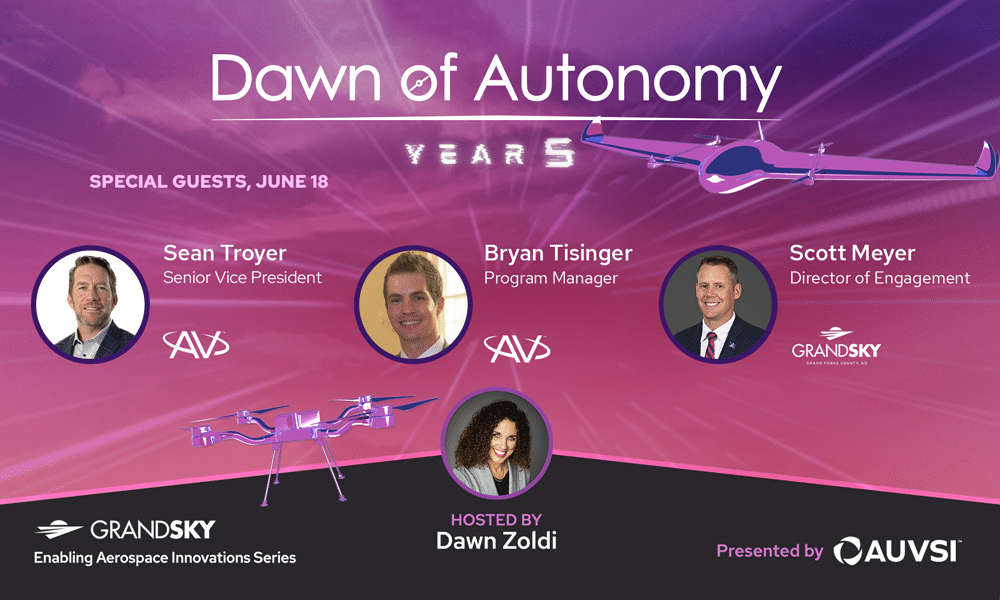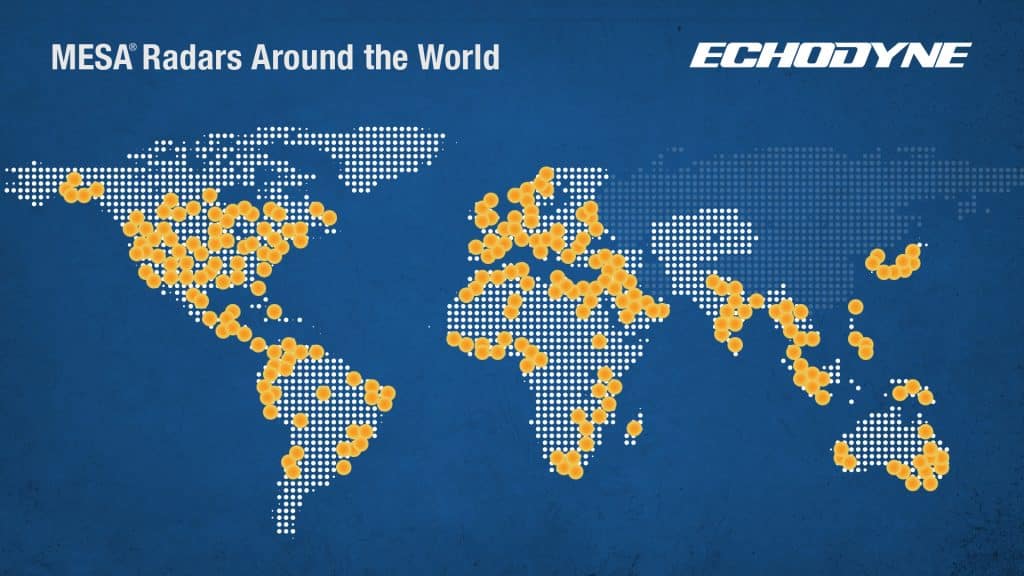Business of Automated Mobility Forum: Day Two
June 24, 2021 | AUVSI News

AUVSI and SAE International today co-hosted the second and final day of the Business of Automated Mobility Forum. Attendees learned from standard-setters, technology developers, and other experts from across the automated mobility industry, including from companies operating in autonomous vehicles (AVs) and unmanned aerial systems (UAS).
Below are highlights from discussions about the need to build on advancements in technology to deployment and integrate autonomous systems, at scale.
Autonomous Technology Can Benefit Society
“We know technology can make a difference,” said Mark Rosekind, Chief Safety Innovation Officer at Zoox, Inc. during his keynote remarks.
Mobility is evolving at a rapid pace and new technologies could lead to a variety of benefits, which could include a decrease in traffic fatalities and greenhouse gas emissions. However, delivering on these benefits requires a new approach that put safety, mobility, and sustainability first.
How can we advance toward such a mobility ecosystem? Rosekind shared his perspective that innovation, data, and regulation are the key to jump-starting this transition. Developers should innovate as much as they can and then allow data findings from new technologies to drive best practices, which will then be used as a framework in setting regulations. Broad, consensus-based regulations will then enable broad adoption of autonomous systems.
Industry Standards Support Safe Deployment
Turning the hype surrounding new mobility into reality will require confronting real-world operational challenges, including demonstrating the safety and effectiveness of new systems.
“At the end of the day, we want this technology to be deployed safety, so the safety argument will be front and center,” said Francesa Favaro, Safety Best Practices Specialist at Waymo during a panel discussion on automated ground vehicle standards.
John Bouma, Director, Civil Cert & ODA at Bell Flight and Dr. Steve Cook, Technical Fellow at Northrop Grumman echoed this statement during their panel on UAS certification, discussing how more complex systems will inherently be subject to more stringent regulatory oversight. Industry standards can support an evolving continuum of system complexity while helping build trust among regulators and the public in the safety and security of autonomous systems.
Collaboration Advances Integration
“Integration is at the core of what we’re doing,” said Pascal Thalin, Aerospace Standards at SAE International while moderating a panel on the business approach to security.
Mark Rosekind highlighted some of the integration challenges AV companies face during his keynote remarks. These including issues coordinating curbside pickup and drop off, charging electric vehicles, and overcoming the patchwork of requirements that vary between cities and states.
Rosekind stressed the value of collaboration in advancing the successful integration and scalability of AVs. He recommended that city officials form working groups with private sector companies and other stakeholders to set expectations for autonomous systems operating in their city, identify opportunities to support safe integration, and develop a strategic plan. By collaborating together, public and private entities can fill existing service gaps, improve equity and accessibility, and engage with their local community.
- Industry News


